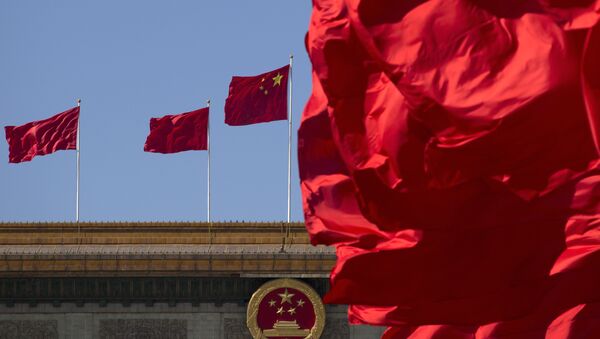Both deals have been approved by shareholders and will soon be closed. Like in the case of Syngenta, Hainan Airlines will pay more than its current price for each Gategroup share. The Chinese company will pay nearly $56 per share, valuing the Swiss company at about 20 percent more than Friday’s closing price.
Right after the deal was announced Syngenta shares jumped 15.5 percent, amid a drop in the main index of the Swiss Stock Exchange. According to Bloomberg, that was the biggest one-day gain in the company’s value since 2009.
Last year, Chinese companies set a record in buying companies abroad, with a total of 607 deals worth $112.5 billion. But this year China is expected to break this record. In January alone, Chinese companies announced 82 merger and acquisition deals in different countries, with a total worth of $73 billion. In last January, 55 deals were announced, with a net worth of $6.2 billion.
At the same time, the rising number of acquisition deals by Chinese companies makes the negative outlooks unviable, Yakov Berger, an analyst at the Far East Institute of the Russian Academy of Sciences, told Sputnik.
"Of course, there will be no collapse in the Chinese economy until Beijing expands the foreign market for its goods and buys foreign companies. This means that China is set for stable growth. Chinese companies plan to buy foreign brands in all industries and invest their growing assets abroad," Berger said.
According to the expert, currently Beijing tries two combine two different strategies to maintain growth, in both the short-term and long-term. The purchase of global brands is part of the short-term strategy. The other strategy requires the creation of domestic brands.
Running domestic brands requires the development of domestic technologies and R&D.
"This process is difficult and long. Currently, China is developing this field and progress is already visible," Berger pointed out.
The strategy of purchasing global brands is aimed not only at expanding its access to markets. It is also a way for Chinese companies to gain access to modern technologies and research. In some cases, the strategy allows Western companies to enter the Chinese domestic market.
For example, after Haier bought the consumer electronics department from General Electric the company also gained access to the brand GE. After ChemChina purchased Syngenta it gained access to new technologies and scientific research. Recently, the Chinese investment giant Fosum International signed an agreement to purchase Israeli Dead Sea cosmetics company Ahava for $77 million. As a result, Ahava products will soon hit the shelves in China.



